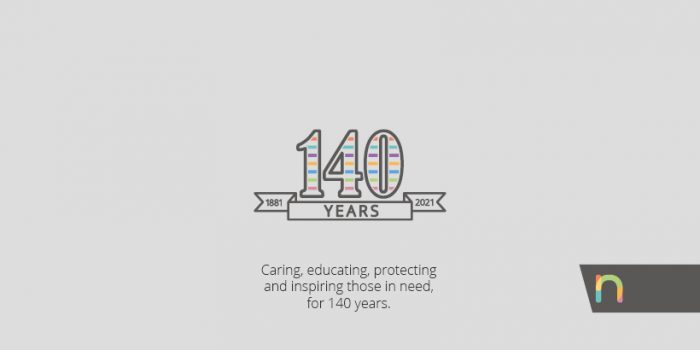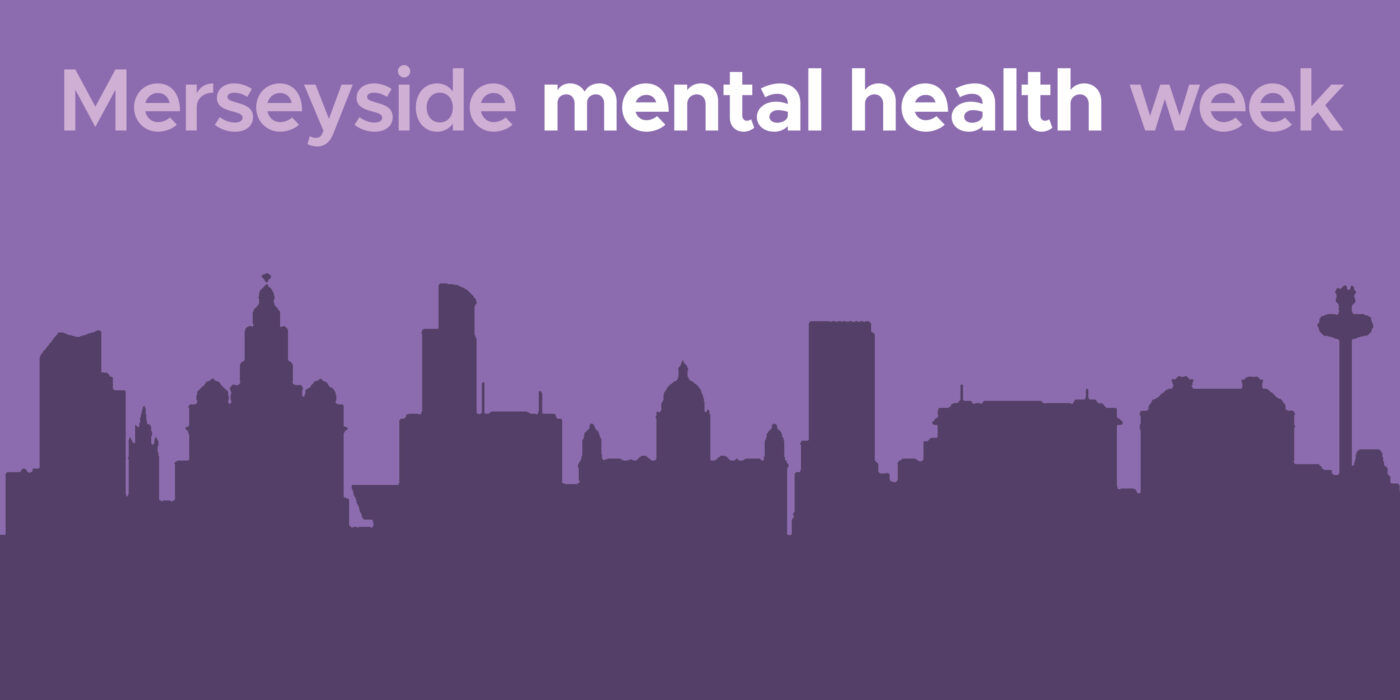Nugent CEO’s Reflections
Nugent CEO, Normandie Wragg’s Reflections: Merseyside Mental Health Awareness Week 2020 and the impact of COVID-19 on the mental wellbeing of our children.
To say it’s been a tumultuous few weeks would be an understatement – from the worryingly steady rise in COVID-19 cases across the UK and the instigation of a second national lockdown to fresh concerns about post-Brexit trade talks – we continue to live with uncertainty and many of us are becoming increasingly anxious about our what shared future holds in store for us.
Now more than ever it’s important to prioritise our mental health and beyond this we must do what we can to help and support the most isolated and in need within our communities.
That is why this week, thanks to our wonderful 800 Group partners at Imagine Independence, we have seized the opportunity to shine a spot-light on the topic of Mental Health under the banner of Merseyside Mental Health Awareness Week.
On Tuesday, I participated as a panel member in an important e-seminar hosted by Imagine Independence on the topic of building up stronger Mental Health in Merseyside. I was delighted to be joined by Andy Bell (Deputy Chief Executive at Centre for Mental Health) and Joe Rafferty (CEO of Merseycare). Together, we discussed how the Coronavirus pandemic has impacted on the mental health of local residents and explored the role of the charity, community and voluntary sector in leading a response to what we see as a looming mental health crisis.
Throughout this week of reflection and action on Mental Health, my focus has been on highlighting the stark challenges Nugent now faces in adapting our services to ensure that we can continue to provide the best possible care and support for those who are vulnerable and at risk – now and into an uncertain future. My colleagues and I remain particularly concerned about the impact of the Coronavirus pandemic on our children and young people.
Children and young people across Merseyside have been hard hit by the pandemic, they are suffering enormous upheaval on a scale that we have not seen in this lifetime. There have been many sudden changes to their lives and so much is yet unknown about the long-term impacts of this crisis on their future development and well-being.
At present, it is hard to gauge the full impact that the pandemic is having on children and young people’s mental health but what we do know from our work on the ground is that the pandemic continues to compound and amplify the issues and challenges faced by our most vulnerable and at-risk children.
“For children already experiencing challenges, adversity and loss, the additional unfamiliarity and change associated with COVID-19 has been especially difficult. We have recognised the importance of talking about our mental wellbeing and working together to keep well, and work together to develop resiliency and self-compassion.”
Dr Kate Herod, Head of Secure Children’s Services.
In order to help us do more and respond to this crisis we have made significant investments in our fundraising and we are hopeful that our donors we rally behind us in this time of need. This being said, philanthropy is not a solution to all ills – it will not, and should not, replace public investment. Social care has had decades of under-investment and this must now change.
I will continue to support our Metro Mayor, City Mayor and the Leaders of the six Liverpool City Region Local Authorities in calling for more support to strengthen the vital services we provide to the most vulnerable children and young people in our region. I will also support the work of Rev Canon Dr Ellen Loudon the Liverpool City Region (LCR) Mayoral Adviser for Voluntary and Community Sector and the LCR’s new Standing Action Group on Poverty and Life Chances so that all of our children and young people have the life chances and opportunities that they deserve.
Click here for more information about Merseyside Mental Health Awareness Week


